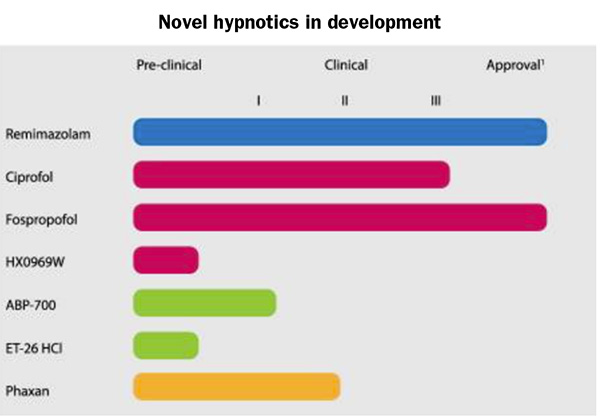 Safety/Quality
Safety/Quality
Two-question survey could help improve pain management, reduce opioid use

Editor's Note A simple, two-question survey could help identify patients most likely to develop chronic pain during recovery from surgery or injury and direct them toward proactive, holistic services that reduce reliance on opioids. NEJM Catalyst published the findings on March 20. Conducted by a research team from Duke University,…
Study: Weight loss drugs could increase risk of surgical complications

Editor's Note Popular weight-loss drugs like Ozempic and Mounjaro could lead to complications in surgical procedures, according to study published March 6 in the journal JAMA Surgery. The study focused on drugs known as glucagon-like peptide-1 receptor agonists (GLP-1 RAs) which are used to treat diabetes and obesity. The drugs, which…
Surgical scrub evolution and the future of smart medical attire

For surgeons and other medical professionals, what to wear to work is more than just an afterthought. Over the decades, surgical scrubs have undergone a significant transformation, evolving from simple, functional garments to sophisticated attire that prioritizes both comfort and infection control. They are not merely clothing but a vital…
How gamification improves OR training, outcomes

Takeaways From mobile phone apps to immersive virtual reality surgery experiences, digital tools make healthcare training more interactive, more engaging, and more fun for everyone from nurses to surgeons. Modern procedures—including minimally invasive techniques and robotic surgery—require 50 to 100 cases for a surgeon to reach a safe proficiency level…
How data puts the ‘value’ in value-based care

What if a surgeon decided to perform a procedure on a patient that was not totally necessary? It happens more often that one might realize. As recently as August 2023, Forbes published an article that cited a Harvard Business Review report stating that over 50% of lumbar spine surgeries are…
Procedural sedation analgesia considerations for ASC leaders

The promise of quicker recovery and fewer complications from sedation, anesthesia, and pain management have drawn clinicians and patients alike to procedures performed in ambulatory surgery centers (ASCs) and other outpatient settings. However, sedation, anesthesia, and analgesia add their own risks to those of the procedure itself. Understanding the latest…
Safe postop patient recovery: A day in the PACU leader role

Critical assessment and rapid response are essentials skills for perioperative staff members, and that goes double for perioperative leadership. Patient-centered leadership is a must. Like the OR, the postanesthesia care unit (PACU, formerly referred to as the “recovery room”) is a critical care area plagued by an influx of new…
Study data supports less radical cervical cancer surgery alternative

Editor's Note New research supports fertility preservation with cone biopsy as a viable, less radical option for to surgery in patients with early, low-risk cervical cancer, according to a report published March 18 in MedPage Today. Presented at the Society of Gynecologic Oncology annual meeting, the findings from the Gynecologic…
FDA updates warning about plastic syringes made in China

Editor's Note An ongoing US Food and Drug Administration (FDA) evaluation of plastic syringes made in China reveals that quality problems are more widespread than initially believed, the agency reported on March 19. The update to an original November 23 safety notice recommends the following action to alleviate potential quality…
Study: Postoperative delirium less likely with ephedrine than phenylephrine

Editor's Note Using phenylephrine as an intraoperative vasopressor could lead to higher risk of postoperative delirium compared to ephedrine, according to findings published in the April issue of Anesthesiology. Posted online last September, these findings confirm researchers’ original hypothesis. “The treatment of intraoperative hypotension with phenylephrine may impair cerebral perfusion…

 Free Daily News
Free Daily News